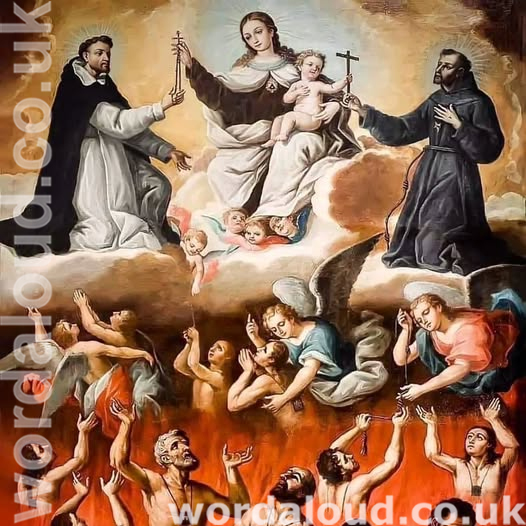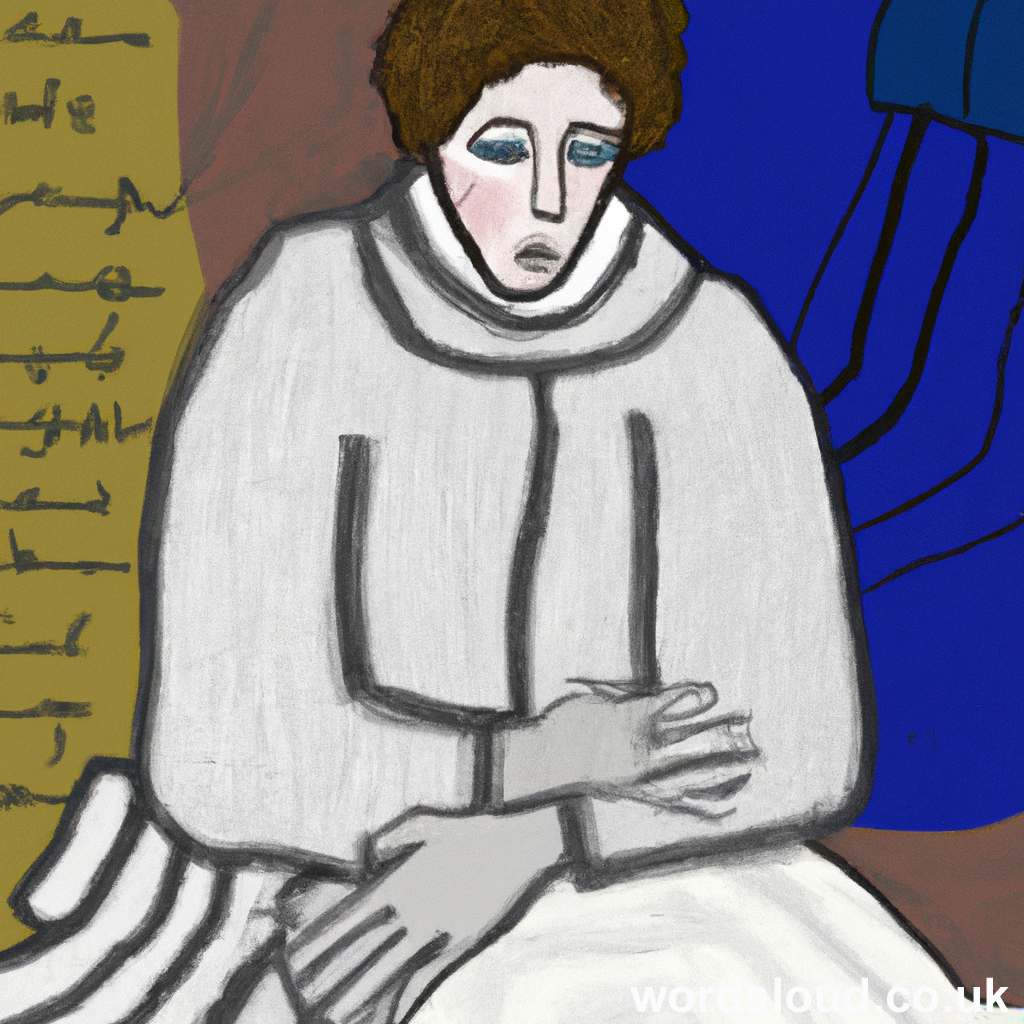Christian Art | George Herbert | Sepulchre | The Church | Trinitie Sunday
George Herbert | The Temple | The Church | Trinitie Sunday
Lord, who hast form’d me out of mud,
And hast redeem’d me through thy bloud,
And sanctifi’d me to do good;
Purge all my sinnes done heretofore:
For I confesse my heavie score,
And I will strive to sinne no more.
Enrich my heart, mouth, hands in me,
With faith, with hope, with charitie;
That I may runne, rise, rest with thee.
![]()

George Herbert | The Temple | The Church | Trinitie Sunday
The poem reflects on human relationship with God through three key dimensions: creation, redemption, and sanctification. Each stanza builds on this progression, portraying Herbert’s journey from origins in divine creation to ultimate aspiration of resting with God. The poem is spare yet purposeful, mirroring simplicity of the poem’s theological focus.
The first stanza establishes Herbert’s dependence on God as both creator and redeemer. By stating, ‘Lord, who hast formed me out of mud,’ Herbert underscores his earthly and humble origins, drawing attention to the finite nature of humanity. Reference to redemption ‘through thy blood’ shifts the focus to Christ’s sacrifice, situating Herbert within the Christian framework of salvation. The final line, ‘sanctified me to do good,’ suggests that creation and redemption are not ends in themselves but are directed toward a life of moral purpose. The stanza implicitly reflects the work of God the Father, this setting the foundation for the spiritual journey.
In the second stanza, Herbert pleas for forgiveness. He confesses his ‘heavy score’ of sins and ask for divine cleansing, acknowledging inability to overcome sin without God’s intervention. The expression ‘I will strive to sin no more’ introduces a theme of human effort, though this remains subordinate to divine grace. The stanza encapsulates tension between dependence on God’s mercy and personal commitment to moral reformation. This interplay reflects the redemptive role of Christ, who reconciles Herbert’s failings through his sacrifice, linking the stanza to the Son’s redemptive work within the Trinity.
The third stanza focuses on spiritual renewal and sanctification. Herbert asks for the theological virtues of faith, hope, and charity, which traditionally signify the action of the Holy Spirit. The mention of ‘heart, mouth, hands’ emphasizes an holistic transformation, aligning Herbert’s internal disposition, spoken word, and physical action with divine purpose. The closing aspiration, ‘that I may run, rise, rest with thee,’ represents culmination of the spiritual journey. Each verb marks a distinct phase: active pursuit of God’s will, elevation toward spiritual union, and ultimate peace in God’s presence. This progression ties the final stanza to the Spirit’s sanctifying work, completing the Trinitarian structure of the poem.
Theologically, the poem’s three stanzas echo the Trinity, with creation, redemption, and sanctification corresponding to the Father, Son, and Holy Spirit. This structure gives the poem a unifying logic, reinforcing connection between divine action and human response. Each stanza is both distinct and interdependent, mirroring the cohesive yet differentiated roles within the Trinity.
Herbert’s voice is marked by humility and dependence, yet it is not passive. While recognizing need for divine grace, Herbert affirms his responsibility to strive, confess, and embody virtue. This balance between divine initiative and human effort underscores the cooperative nature of sanctification in Christian theology.
The poem concludes with a vision of ultimate harmony, where human striving leads to divine rest. The poem’s simple form and language reflect an intentional focus on the essentials of faith, presenting theological narrative that is both personal and universal.








